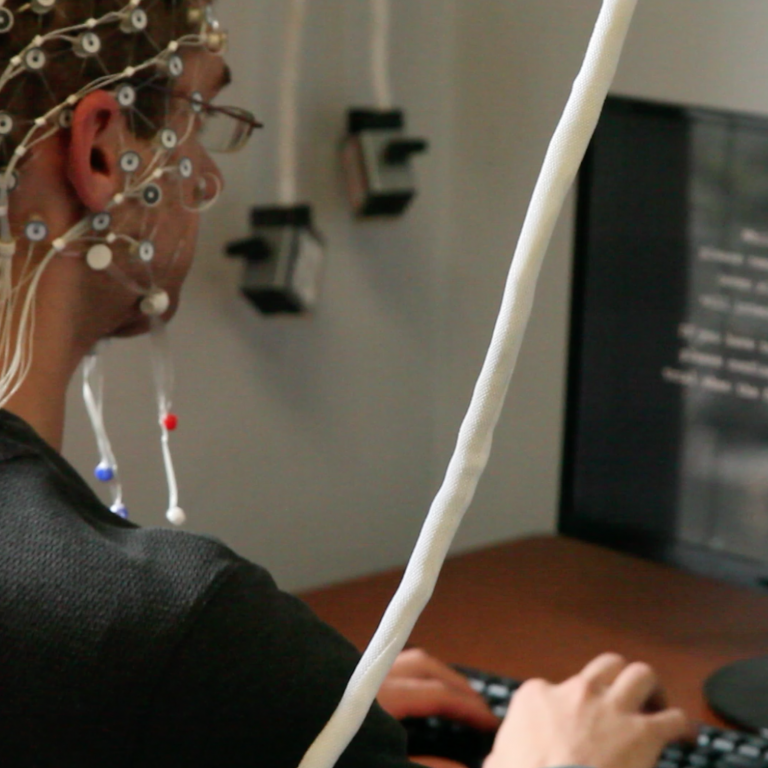When it comes to wisdom we commonly think of wise actions by wise people. Wisdom requires experience, based on expertise acquired over time. Wise decisions result from judicious deliberation which involves flexible thinking and insight. This is why wise actions or advice are generally associated with intellectual reasoning. Wise people have, above all, wise minds.
Thus the question of bodily, or somatic, wisdom runs up against a long-standing dualism (often construed as a hierarchy) between body and mind, especially in cultural traditions of the West. Let's assume one has the choice between two financial investors with an equal amount of training and access to the same data. Would you entrust your money to the one who goes by the textbook? Or the one who follows his intuition, often described as gut feeling?
What could the body possibly know? Our body generates and imparts a lot of information. Pain is a good example, but it shows that bodily information can be ambiguous (hurting may be a sign of healing) or misleading (phantom pain). If I have trouble walking up stairs, I may have a heart condition or just be out of shape: a medical checkup and more exercise may be life-saving or life-prolonging. Here the body merely delivers bottom-up data for top-down behavioral choices: somatic information turned into knowledge by the mind.
In the context of acquiring new skills, however, mind-body relations have come to be viewed as a form of interplay. In a pathbreaking essay, Esther Thelen (2000) argued that human development should not be described in "purely abstract structures of the mind", and that the sensorimotor origins of cognition should be taken into account: "The mind simply does not exist as something decoupled from the body and experience.” For instance, in learning a new skill, sport, or art, it usually requires the person to engage in the bodily tasks of that activity.
Scientific research into somatic wisdom is not just based on the fact that the body is involved in decision-making processes, but investigates whether certain bodily practices can have an actual effect on making the right decisions. If taking a deep breath before answering a hostile question allows us to deflect the aggression and come up with a constructive response, then breathing exercises may be beneficial for conflict resolution. Indeed, creators and practitioners of somatic training have often made larger claims about its beneficial effects on behavior.
John Dewey is a notable example. After becoming a follower of the Alexander technique—created by the actor F. Matthias Alexander (1969-1955) to change maladaptive habits of muscular-skeletal coordination—Dewey noted that "he found it much easier [...] to hold a philosophical position calmly once he had taken it or to change it if new evidence came up warranting a change. He contrasted his own attitude with the rigidity of other academic thinkers who adopt a position early in their careers and then use their intellects to defend it indefinitely." Similarly, Moshé Feldenkrais, who devised a now widely taught technique that increases physical mobility through greater somatic awareness, famously asserted "what I am after is more flexible minds, not just more flexible bodies."
These considerations move us closer to linking somatic practices to important traits of wisdom—such as emotional homeostasis, value relativism and tolerance, and flexibility of mind. If breathing exercises help with emotion regulation, a less rigid and more flexible mind means that we are willing to see things from multiple vantage points. These are large claims and our task is to put them to the test. If we can show that somatic practices contribute to such changes in behavior, it would suggest that the body may not be wise per se, but involved in making us wiser.
References
Feldenkrais, M., & Beringer, E. (2010). Embodied wisdom: the collected papers of Moshé Freldenkrais. Berkeley, Calif.: North Atlantic Books.
Jones, F. P. (1997). Freedom to change: the development and science of the Alexander technique. London: Mouritz.
Thelen, E. (2000). Grounded in the World: Developmental Origins of the Embodied Mind. Infancy, 1(1), 3-28.
Photo courtesy of Flickr Creative Commons





